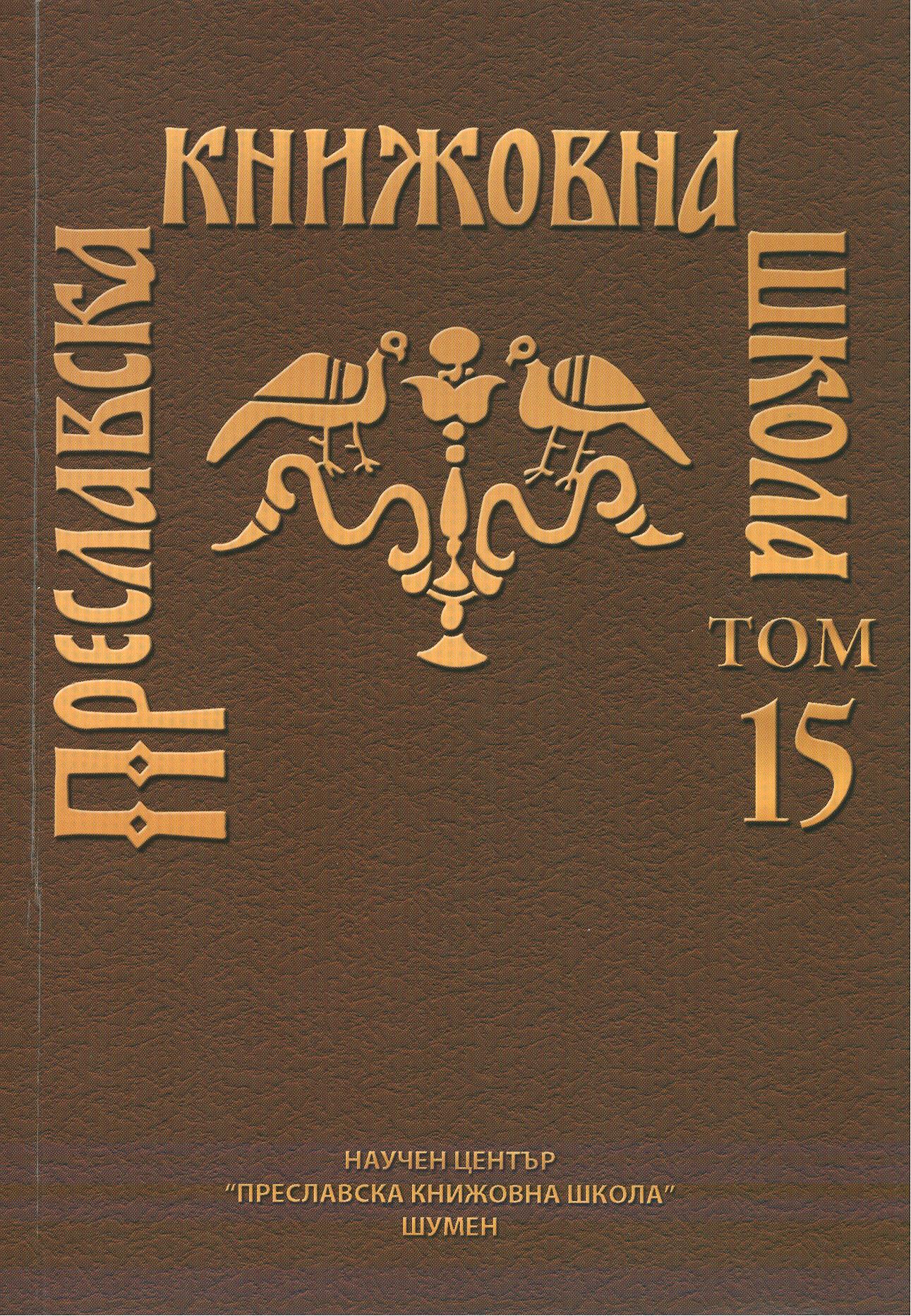ЗА УПОТРЕБАТА НА ПОВЕЛИТЕЛНО И УСЛОВНО НАКЛОНЕНИЕ В СЛАВЯНСКИЯ ПРЕВОД НА „ИСТОРИЯ НА ЮДЕЙСКАТА ВОЙНА” ОТ ЙОСИФ ФЛАВИЙ СПОРЕД АРХИВСКИЯ ХРОНОГРАФ
ON THE USE OF IMPERATIVE AND CONDITIONAL MOOD ON THE SLAVONIC TRANSLATION OF JOSEPHUS FLAVIUS’S HISTORY OF THE JUDAIC WAR ACCORDING TO THE ARCHAIC CHRONOGRAPH
Author(s): Aneta TihovaSubject(s): Language and Literature Studies, Eastern Slavic Languages
Published by: Шуменски университет »Епископ Константин Преславски«
Keywords: Old Bulgarian language; JOSEPHUS FLAVIUS’S HISTORY OF THE JUDAIC WAR
Summary/Abstract: The article, based on the research made, ascertains that the peculiarities of the imperative and conditional mood according to Arh. Coincide with the peculiarities inherent to the other texts of the Old Bulgarian translation. 1. Predominant in the imperative mood are the synthetic forms for the 2nd person singular and 2nd person plural (85%); in a semantic meaning it usually expresses order (77%), and under the influence of the text –request (18%) or wish (5%). 2. In the conditional mood the position of the auxiliary verb is usually before the adverb (74%); it is most often met in compound sentences with conditional clauses (50%), and the conditional is present both in the statement and the condition. 3. The presence of archaic forms for a dual number supports the thesis that the translation was done during the Old Bulgarian period. Future research will enable us to clarify in full the language peculiarities of this historical text.
Journal: Преславска книжовна школа
- Issue Year: 2015
- Issue No: 15
- Page Range: 80-92
- Page Count: 13
- Language: Bulgarian

